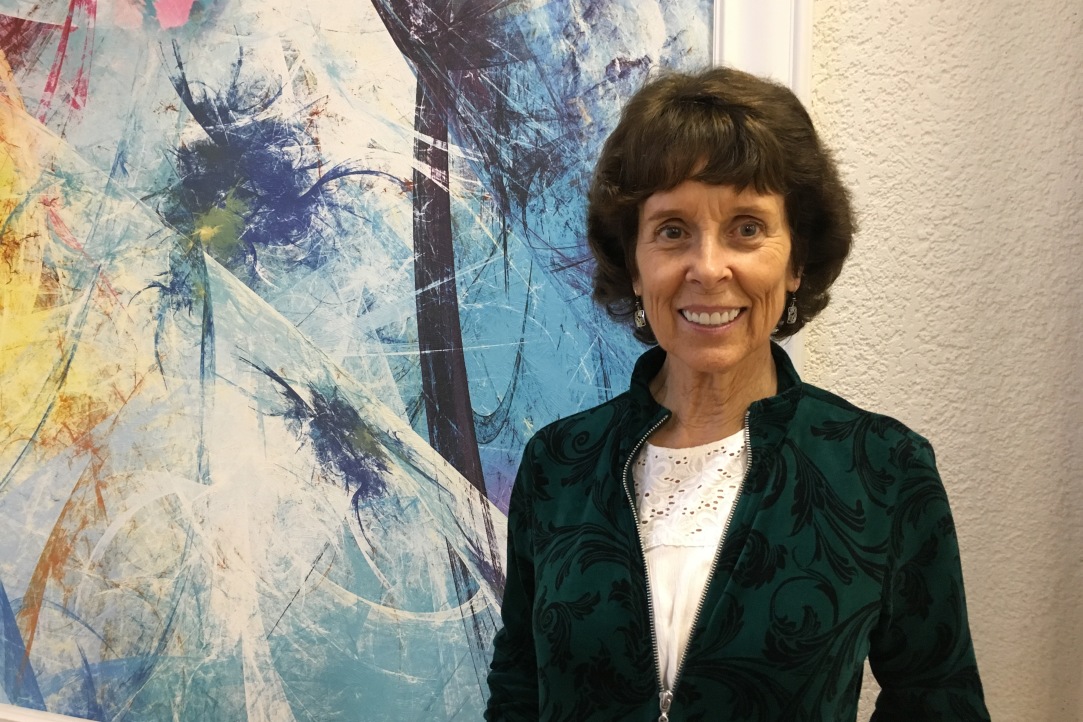
Tag "international faculty"


HSE Assistant Professor of Philosophy, Aaron James Wendland, recently launched a popular philosophy column in a prominent British Magazine: The New Statesman. In this interview, we ask Aaron about his research interests, his experience at HSE, and the rationale behind his new column on popular philosophy.
Dr Anna Whittington is currently a Research Fellow at The International Centre for the History and Sociology of World War II and Its Consequences through the end of August 2019. She recently spoke with the HSE News Service about her work on changes in Soviet-era language policy, her thoughts on life in Moscow and how the city has changed, and much more.
Since last September, Matthew Mangold has been a Postdoctoral Research Fellow in the School of Philology at the Higher School of Economics in Moscow. After completing a PhD in Comparative Literature at Rutgers University in 2017, he joined HSE to conduct research on the intersection between Russian literature and the medical arts, in particular environmental medicine and psychology.
On February 02, 2018 visual artist, graduate student of the University of Hasselt Natalia Drobot made a presentation at the seminar "West and East: Universalism of Culture"
Jessica Werneke, who completed her undergraduate studies at the University of Iowa and her PhD at the University of Texas at Austin, joined the International Centre for the History and Sociology of World War II and its Consequences as a Research Fellow in 2016. Originally from Chicago, Illinois, she has spent a considerable amount of time living internationally – in both the UK and Latvia – and following her post-doc plans to start a new position as a Newton International Fellow of the British Academy at Loughborough University, where she will continue her research on Soviet photography clubs and amateur photographers in the RSFSR and the Baltic Republics.
On November 1, Riccardo Cucciolla began a postdoctoral fellowship at the HSE International Centre for the History and Sociology of World War II and Its Consequences. During his year at HSE, he intends to pursue a research project that follows from his dissertation entitled ‘The Crisis of Soviet Power in Central Asia: The Uzbek Cotton Affair (1975–1991)’, which he wrote while completing a PhD in Political History at the IMT School for Advanced Studies Lucca in Lucca, Italy.
On September 1, 2017, Sean Winkler joined the School of Philosophy as a research fellow for one year. Originally from Chino Hills, California, he holds an undergraduate and Master’s degree in philosophy from Loyola Marymount University (Los Angeles, California), as well as a Master’s degree and PhD from KU Leuven (Leuven, Belgium).
It was a class in cultural evolution during his second year as an undergraduate at Tufts University that caused Brian McLoone to become hooked on philosophy. A native of Phoenix, Arizona, he went on to complete his PhD in philosophy of biology at the University of Wisconsin–Madison in 2016. He will be joining the HSE School of Philosophy as an Assistant Professor in early September.
